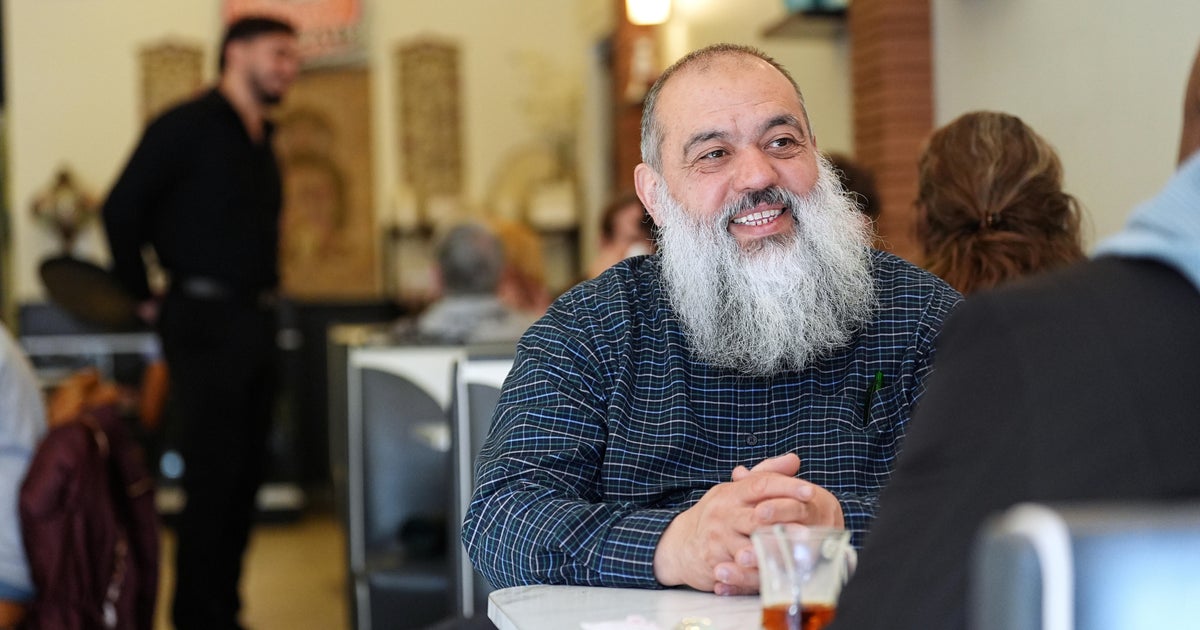“The Takeout”: “Freakonomics’” Stephen Dubner: Predicting the future is difficult
Watch “The Takeout” with Major Garrett and Steve Chaggaris on CBSN -- Fridays at 9 p.m. -- or on the CBS News app on iphones and android devices as well as Apple TV, Amazon Fire, Roku, Playstation, Xbox and Chromecast.
Most election forecasters found themselves in a social media buzzsaw the day after Donald Trump stunned the country with his triumph over Hillary Clinton. Major political oddsmakers had predicted a Clinton win, and famed numbers savant Nate Silver announced the day before the election, “Clinton is a 71 percent favorite to win the election.” He wasn’t alone, though, and since then, analysts, academics and number crunchers have been trying to figure out why they were wrong.
“Freakonomics” co-founder Stephen Dubner brings a different lens to the argument, though, suggesting in this week’s episode of “The Takeout” podcast that we may all just be looking at this the wrong way.
“Predicting the future is just difficult, period,” he told CBS News Chief White House Correspondent Major Garrett. That’s true in every field, Dubner noted, recalling a Freakonomics podcast in which he had examined “the folly of prediction.” In a variety of fields in which predictions are made -- global politics, the next big economic thing, the NFL, corn prices over time, the Freakonomics finding was the same -- that on average, the pundits and experts in any field were about as good at prediction as “a monkey with a dartboard.”
Back to that 70 percent Nate Silver prediction. “People misunderstand what a probability is,” Dubner told Garrett on the latest episode of “The Takeout” podcast. He compared it to the probability that an earthquake would happen, which was the example that Silver cited in his own defense post-election.
“What people don’t understand is,” Dubner said, explaining Silver’s tweet, “if I said there was a 28-32 percent chance of an earthquake happening, and it happens, you can’t say I said it wasn’t going to happen.”
People have certain expectations in forecasting, and sometimes, their expectations can be skewed. “There’s a big difference between an earthquake, which is a much rarer event, and a political campaign, which is literally a binary choice,” he said. The outcomes for each scenario are different. There might not be an earthquake, or there might be a small earthquake or a big one -- a range of possibilities exist. In the 2016 election, there was a certain outcome, one of two possibilities. There is, in other words, a distinct probability that the underdog could win.
In retrospect, Dubner said that it’s not really the data analysts, pollsters and election forecasters who trouble him -- it’s the pundit class.
“One thing that ticks me off a little bit are the pundits that turned out to be wrong are the most aggressive in explaining ‘I was really right, but things on the ground changed,’” he said. “’I was really right, but I didn’t have all the data.’ If you had that, it wouldn’t be a prediction.”
For more from Dubner’s conversation with Garrett and CBS News Senior Political Editor Steve Chaggaris, listen to “The Takeout” podcast, available on iTunes, Google Play, Stitcher and CBSNews.com. And follow “The Takeout” on Instagram, Facebook and Twitter: @TakeoutPodcast.



